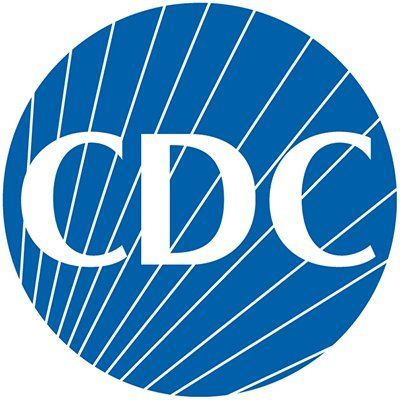CDC Report Shows High Efficacy from mRNA COVID-19 Vaccines
In a 4000 person study, investigators find vaccinated individuals unlikely to transmit COVID-19.

This article was originally published in ContagionLive.
A new report from the US Centers for Disease Control and Prevention (CDC) highlights extensive efficacy in preventing infections from the Moderna and Pfizer-BioNTech COVID-19 vaccines.
The report shows the 2 vaccines were 90% effective in preventing infections—regardless of symptom status—14 days after the second dose was administered.
In addition, the 2 vaccines were 80% effective 14 days after the first dose, but before the second dose.
The findings come from studying nearly 4000 health care personnel, first responders, and other frontline workers from mid-December 2020 through mid-March 2021. The participants were tested weekly for 13 weeks in 8 US locations.
According to the CDC, both vaccines were given to participants in all the locations, but the timing on their availability differed. Of the vaccinated, 62.7% of participants received the Pfizer-BioNTech shot and 29.6% received the Moderna shot.
In addition, more data from these studies is showing that transmission is unlikely from people who have been vaccinated.
“Among fully immunized (≥14 days after second dose) persons, 0.04 infections per 1000 person-days were reported, and among partially immunized (≥14 days after first dose and before second dose) persons, 0.19 infections per 1000 person-days were reported,” the CDC stated on their website.
Obviously, this comes as optimistic news in light of some surging cases in various parts of the US and the concern of the B.1117 variant—first discovered in the United Kingdom—is becoming the dominant strain.
“These findings indicate that authorized mRNA COVID-19 vaccines are effective for preventing SARS-CoV-2 infection, regardless of symptom status, among working-age adults in real-world conditions,” the CDC stated.